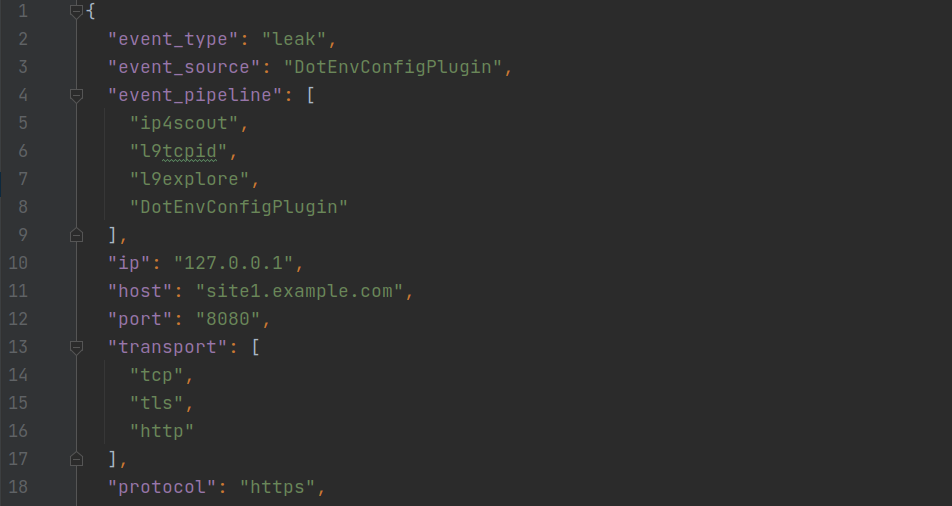
We’re releasing a good part of the toolset we use for our indexing service to the community !
Learn more about how to use them in this post.
The tools
We sure love to decouple every step of our scanning process, so it can be distributed and updated quickly to our needs.
There are a few parts involved, but so far the opensource releases are :
- ip4scout, our random ipv4 space scanner.
- l9tcpid, our TCP protocol inspector.
- l9explore, our deep protocol exploration tool.
Interoperability
All those parts use STDIN/STDOUT to communicate JSON lines between each others. ( quick ACK to Project Discovery, it just makes sense !)
They all use a common schema : l9format

The goal of any tool the l9 suite is simple :
Complete the schema by using the information it’s provided
We also came up with l9filter who’s job is to transform l9format to and from any other supported format :
- nmap
- masscan
- human
- more coming
Doing so made it possible to use a tooling that was once written for random Internet scanning in private and other large networks.
Scan your network
The following example covers 10.0.0.0/8 :
masscan --rate 100000 -p1-65535 10.0.0.0/8|\ #Use masscan to scan 10.0.0.0/8
l9filter transform -i masscan -o l9|\ #Transform masscan output to l9format
l9tcpid service --deep-http --max-threads=2048|\ #Identifies each protocol
pv -rabl|\ #Displays rate at which we identify hosts
tee services.json|\ #Save l9 formatted lines to services.json
l9explore service --explore-timeout 5s -t 2048 -l|\ #Run every l9plugin against to protocol they know
tee leaks.json |\ #Save protocol leaks to leaks.json
l9filter transform -i l9 -o human #Displays a human readable output
By working that way you can :
- Reuse services.json with other tools for further exploration
- Connect masscan to the tool suite efficiently by forwarding its live output
- Import the JSON data to any backend for analysis
- Use JQ to perform filtering
With the next example, you can extract all the domains found in SSL certificates :
jq 'select(.ssl.certificate.domain != null) .ssl.certificate.domain[]' < services.json|sort|uniq
*.123-flowers.co.uk
*.3rdeyecam.com
*.aerocrs.com
*.aganytime.com
*.agro.services
*.air-watch.com
*.all-flo.com
*.americasfarmers.com
Plugins
l9plugins are currently used by l9explore. They could be implemented by any Golang based tool.
There’s a limited set at the moment, we’re busy porting them from our old architecture.
| Plugin | Description |
|---|---|
| mysql_open | Connects and checks for default credentials |
| mongo_open | Connects and checks for open instance |
| elasticsearch_open | Connects and checks for open instance |
| redis_open | Connects and checks for open instance |
Creating plugins
There will be a separate post describing the process, meanwhile the bravest can check the interface reference if you want to develop your own.
Conclusion
This is just the first step as more integrations with other tools are making it to l9filter.
We hope you have fun connecting those things together ! Feel free to report bugs and contribute on Github’s project page.


